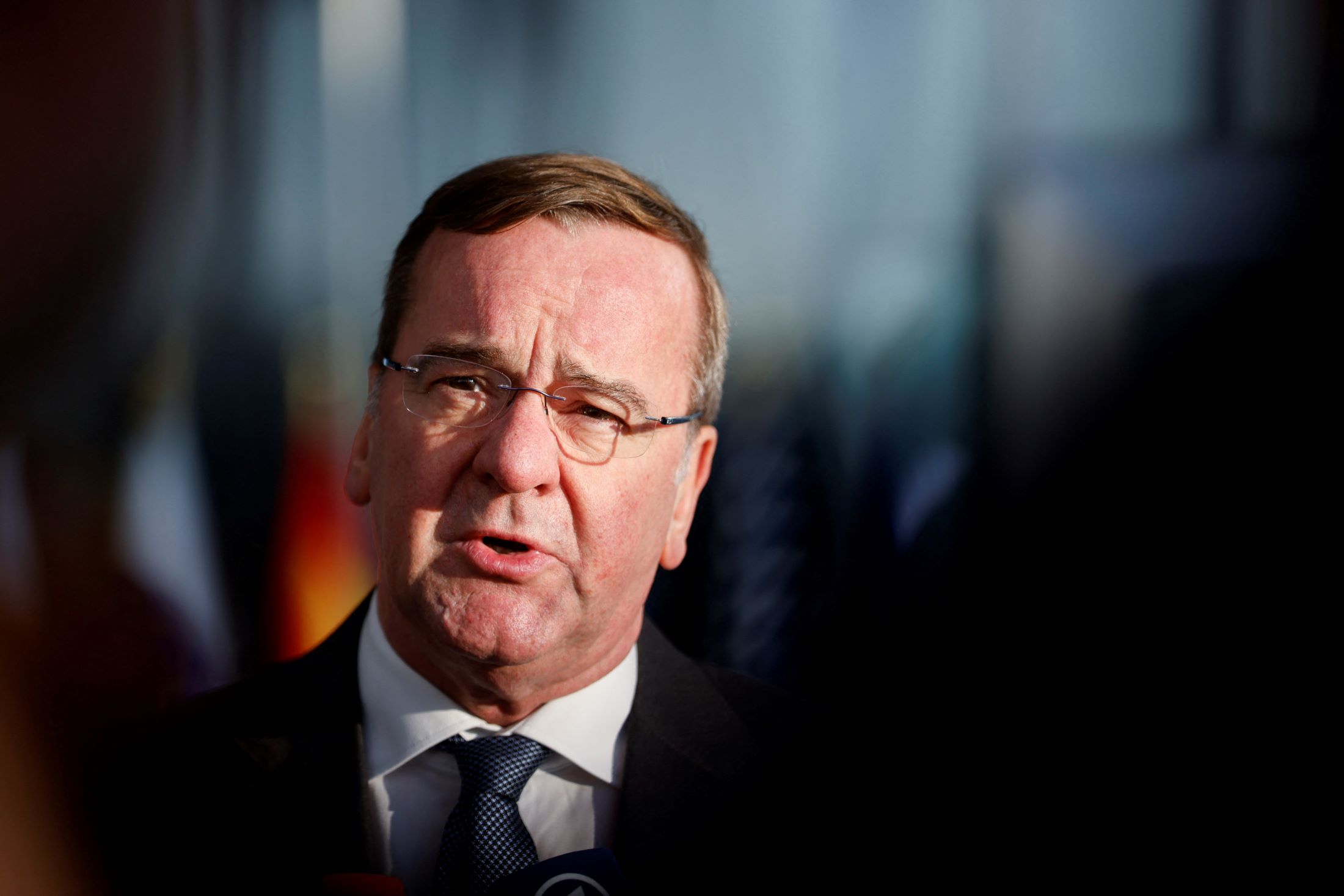Germany’s defense minister asserted on Saturday that the nation’s commitment to allocate 2% of its GDP towards defense expenditures represented merely a starting point, suggesting that additional investments would likely be necessary.
Earlier the same day, German Chancellor Olaf Scholz reiterated his assurance that the 2% spending benchmark would be achieved “in the 2020s, in the 2030s and beyond.” Nonetheless, Boris Pistorius, Germany’s federal minister of defense, underscored that allocating 2% was always intended as a minimum threshold.
“2% can only serve as the initiation. It is probable that we will require more in the coming years,” Pistorius remarked during a panel discussion at the Munich Security Conference.

The remarks follow recent comments by former U.S. President Donald Trump, who suggested last weekend that he would “encourage” Russia to act as it pleased towards NATO members failing to meet the alliance’s defense spending guidelines.
In 2006, NATO members committed to dedicating at least 2% of their gross domestic product to defense, aiming to sustain the Alliance’s military preparedness. This year, it is anticipated that 18 out of 31 NATO members will meet this target, a substantial increase from just three in 2014.
Pistorius pointed to escalating geopolitical tensions worldwide, encompassing regions such as Europe, the Indo-Pacific, and Africa, as the rationale behind his anticipation of a rise in defense expenditures.

“We need to pay more attention to global affairs because everyone needs to participate. The U.S., NATO, the European Union, and others,” he remarked.
“Simultaneously, we must achieve more in Europe because other actors, such as the U.S., may shift their focus more towards the Indo-Pacific region and reduce their involvement in Europe. Regardless, we face challenges that must be acknowledged and addressed.”
When asked about the feasibility of a 4% spending target, Pistorius declined to endorse a specific figure, emphasizing instead the importance of allocating funds as necessary and supporting the development of the defense industry.
“We may reach 3% or perhaps even 3.5%, contingent upon global developments,” he added.







Leave a Reply